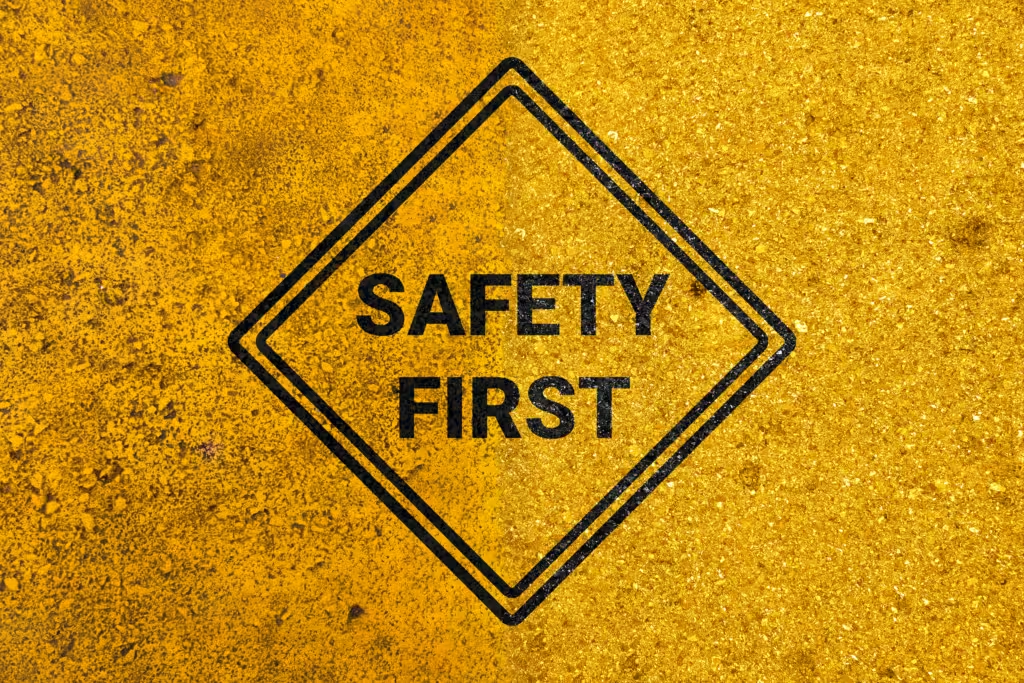Working with electricity is essential but potentially dangerous if proper precautions are not taken. Whether you’re a DIY enthusiast or a professional, following safety protocols can prevent accidents and even save lives. Here are ten ways to stay safe when working with electricity:
1. Turn Off the Power
Before starting any electrical work, always turn off the power at the main circuit breaker. Even when changing a simple light switch or outlet, ensuring there is no live current will protect you from shock or electrocution.
2. Use Insulated Tools
Using insulated tools provides an extra layer of protection when working with live or potentially live wires. These tools have special non-conductive coatings that reduce the risk of electric shock.
3. Wear Protective Gear
When working with electricity, always wear rubber-soled shoes, insulated gloves, and safety goggles. These can protect you from accidental electrical contact, flying debris, or sparks.
4. Never Work on Wet Surfaces
Water is a great conductor of electricity. Always ensure your workspace is dry and avoid touching electrical components with wet hands. If you need to work outdoors, wait until the area is completely dry before proceeding.
5. Double-Check Wiring
Before connecting any electrical circuit, double-check that your wiring is correct. Mistakes in wiring can lead to shorts, shocks, or even fires. If you’re unsure, consult a professional electrician.
6. Use Ground Fault Circuit Interrupters (GFCIs)
GFCIs protect against electrical shock by cutting off the power when a fault is detected. These devices are particularly important in wet areas like kitchens, bathrooms, and outdoor spaces. Make sure to install them wherever necessary.
7. Avoid Overloading Circuits
Overloaded circuits can cause overheating and fires. Know the capacity of your electrical circuits and avoid plugging too many devices into a single outlet. Use surge protectors to manage multiple devices safely.
8. Inspect Equipment and Cords Regularly
Frayed or damaged cords and tools can expose you to electrical hazards. Always inspect your tools and equipment before using them. If you notice wear and tear, repair or replace the item before proceeding.
9. Label Circuit Breakers
Properly labeling your circuit breakers can save you time and prevent confusion during electrical work. Clear labels will help you quickly identify and shut off the correct circuit before beginning a project.
10. Know When to Call a Professional
If you’re ever in doubt about handling a particular electrical issue, it’s better to call in a licensed electrician. Working on high-voltage systems, complex installations, or areas with extensive wiring requires expert knowledge and equipment.
Conclusion
Electrical work can be rewarding but requires strict adherence to safety practices. By following these tips, you’ll minimize risks and ensure a safe and efficient work environment. Remember, safety should always be your top priority when dealing with electricity.
*Go back to Point B Electrical Services home page…
*Discover the latest updates, promotions, and expert electrical tips by visiting Point B Electrical Services Facebook page today!


